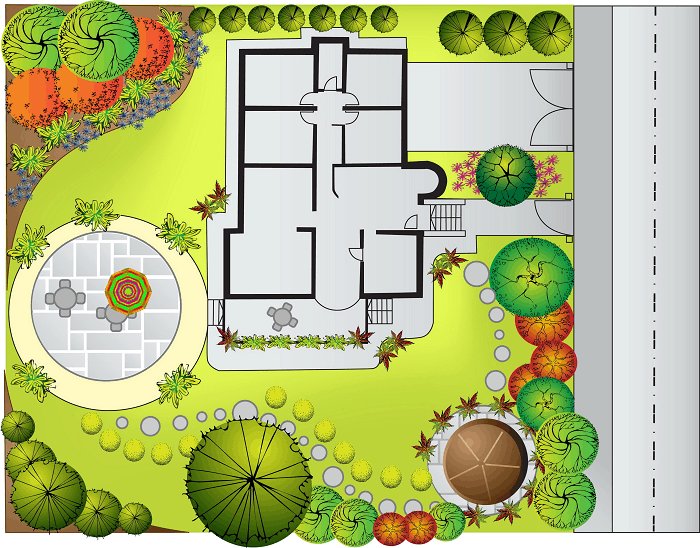Best Termite Resistant Mulch

Go through any neighborhood in America and I guarantee many of the houses will have mulch in their yard. Everybody loves mulch but how do you know which mulch is resistant to termites? The last thing you want to do is help termites thrive in your backyard and get to your house foundation.
Mulch has become a very popular treatment to backyard garden beds. It keeps weeds at bay while keeping the soil moist, even in August. Mulch also looks very attractive in a landscape to keep shrub beds separated from lawns. There are a lot of pros to having mulch in your yard, but only if you have termite resistant mulch.
If you’re wondering which mulch you should use, especially if you live in a warm humid climate, we’ll showcase which mulches are better.
Table of Contents
Do Termites Live in Mulch?
You might have heard someone say that mulch attracts termites or termites live in bagged mulch. Both of those things are false. Termites would rather eat solid wood where they can tunnel.
Those termites prefer solid wood, mulch can provide termites with a moist environment to survive when necessary. Always be careful placing mulch around your house, especially if it is a wood framed house.
Here in Florida we have termites in our soil naturally because it stays warm and wet most of the year. Honestly it’s frightening to think about that if you live here and if you own a wood frame house. Termites can ruin a home foundation relatively quickly. FHA requires a termite inspection before a home purchase is approved.
The University of Florida Institute of Food and Agricultural Sciences did a study on the best mulches that are resistant to termites.
They used Cypress, Eucalyptus, Melaleuca, Pine bark, Pine straw and utility mulch, all very common in Florida. Termites fed on every single one but the Melaleuca mulch was the most resistant.
Their conclusion was no matter which mulch you choose, have a termite soil treatment or bait system in place if you live in Florida. Let’s take a look at the most termite resistant mulches on the market.
Melaleuca Mulch
This mulch is one of the best, if not best, at resisting termites and has a great side benefit. The Melaleuca Tree is considered invasive in Florida so cutting it down and using it as mulch helps eliminate it from our wetland environment. The mulch is a shredded consistency with an orange to brown color and is available at most local Lowe’s and Home Depot.
Cypress Mulch
Cypress is a very popular mulch but is being over harvested due to the demand from homeowners. While cypress heartwood is a termite resistant mulch, cypress sapwood is not. Most bags you see at the big box stores simply say cypress blend. Unless the cypress mulch is labeled cypress heartwood, it will be mostly sapwood. Since Melaleuca looks similar to cypress, it is the better alternative.
Cedar Mulch
Cedar mulch is very similar to cypress mulch in that it naturally repels insects and termites. Like Cypress is contains natural oils that most bugs don’t like.
Eucalyptus Mulch
Eucalyptus trees are native to Australia but have been planted in other warm regions due to being fast growing. Like Cypress and Cedar, it produces an oil which bugs don’t like making it more termite resistant than pine bark.
Inorganic Mulch
Rubber and anything that is not organic falls into this category including gravel or river pebbles. While technically anything inorganic is termite resistant, it may not necessarily be good around garden bushes. Some inorganic material can actually make the soil hotter which defeats the purpose of mulching.
Conclusion
Regardless of what type of mulch you use in your yard, be careful putting any wood mulch next to your house exterior. If you live in Florida or anywhere that is hot and humid, make sure you have a termite treatment plan to give you peace of mind. Good luck with your mulching plans. Check out our how to mulch, definitive guide for more information about adding mulch to your yard.





